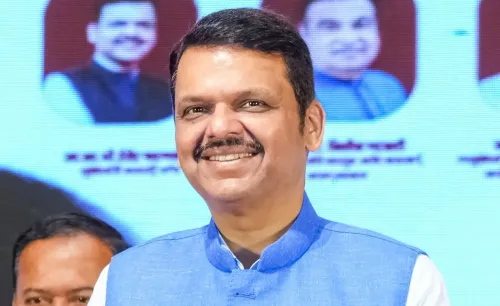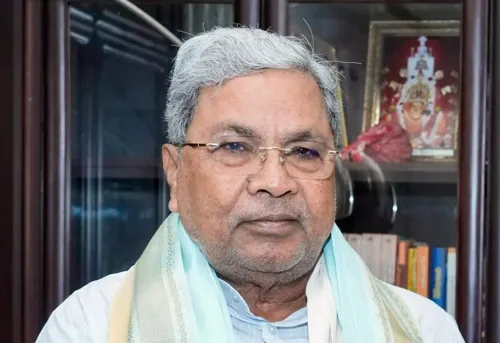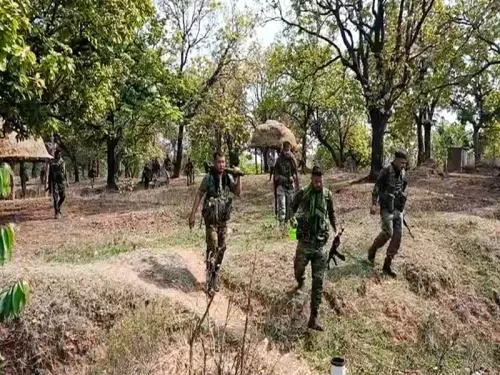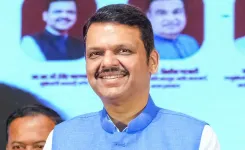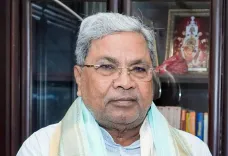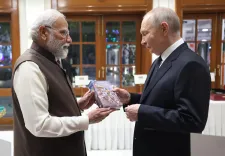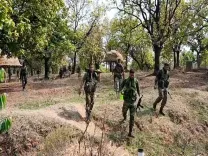Will the Indian Team Resolve Trade Issues with the US?
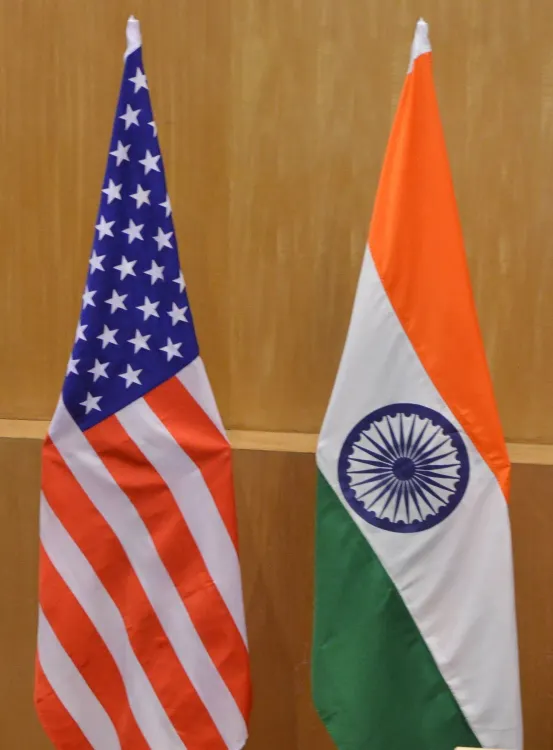
Synopsis
Key Takeaways
- Indian delegation returns from Washington without a finalized trade agreement.
- The July 9 deadline looms for increased US tariffs.
- Negotiations focus on agricultural and dairy product trade.
- India seeks to protect small farmers' livelihoods.
- Potential for significant concessions in labor-intensive sectors.
New Delhi, July 4 (NationPress) A senior Indian delegation, led by chief negotiator Rajesh Agrawal, has returned from Washington following trade discussions with US officials. Unfortunately, no conclusive agreement was achieved regarding the contentious matter of trade in agricultural and dairy products, a key demand from the US.
Despite this setback, there remains a flicker of optimism that a temporary bilateral trade agreement could be finalized at the highest political levels before the looming July 9 deadline, which marks the 26 percent increase in US tariffs on Indian exports.
The Indian delegation engaged in negotiations from June 26 to July 2, aiming for an interim trade pact. The US is advocating for expanded market access for its agricultural and dairy products, which poses a significant challenge for India, where this matter is crucial for the livelihoods of small farmers, making it a sensitive topic.
In addition to seeking an exemption from President Donald Trump's 26 percent tariffs, India is also advocating for considerable tariff reductions for its labor-intensive exports, including textiles, leather, and footwear.
Meanwhile, President Trump has revealed that the US administration will begin dispatching letters to trading partners regarding their tariff rates as early as Friday, even as discussions continue with various nations, including India, to avoid increased US tariffs.
Trump informed reporters late Thursday that approximately 10 to 12 countries would receive letters on Friday, with more to follow in the upcoming days.
The tariffs are expected to vary between 60 percent to 70 percent and 10 percent to 20 percent, and these countries will need to adhere to these rates starting August 1 to maintain business relations with the US.
"I’d prefer to establish a straightforward agreement where you can manage it effectively. You will incur a 20 percent or 30 percent tariff, and we will initiate the dispatch of letters, likely starting tomorrow, informing various countries of their business costs with the US," he added.
Trump has announced several trade agreements, including those with Vietnam and China. He also mentioned last month that an agreement between the US and India could facilitate the entry of US goods into India.


